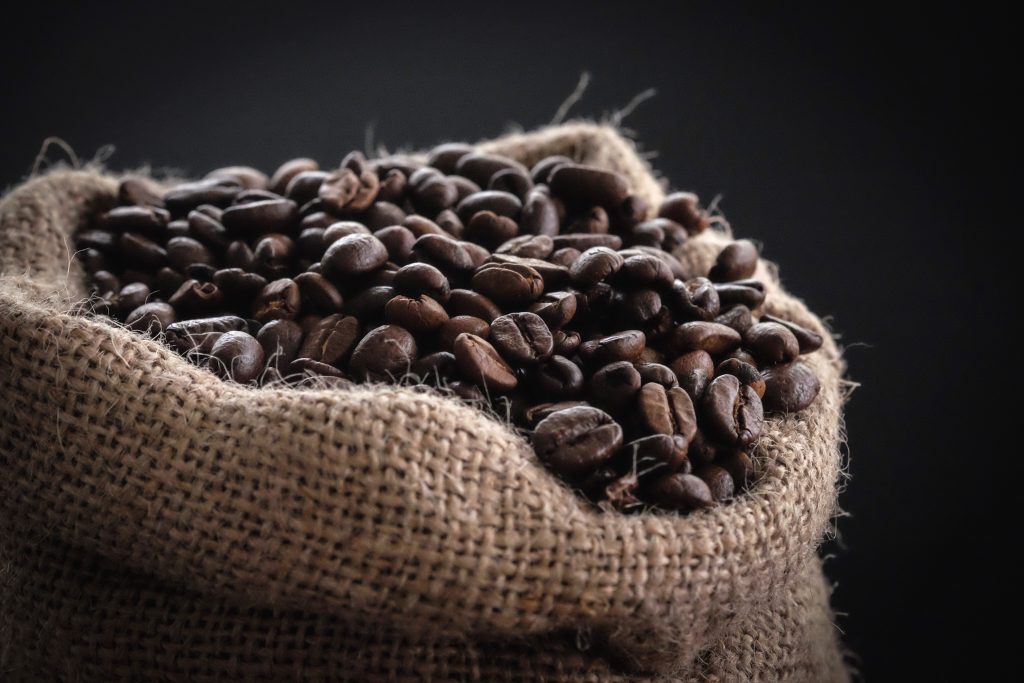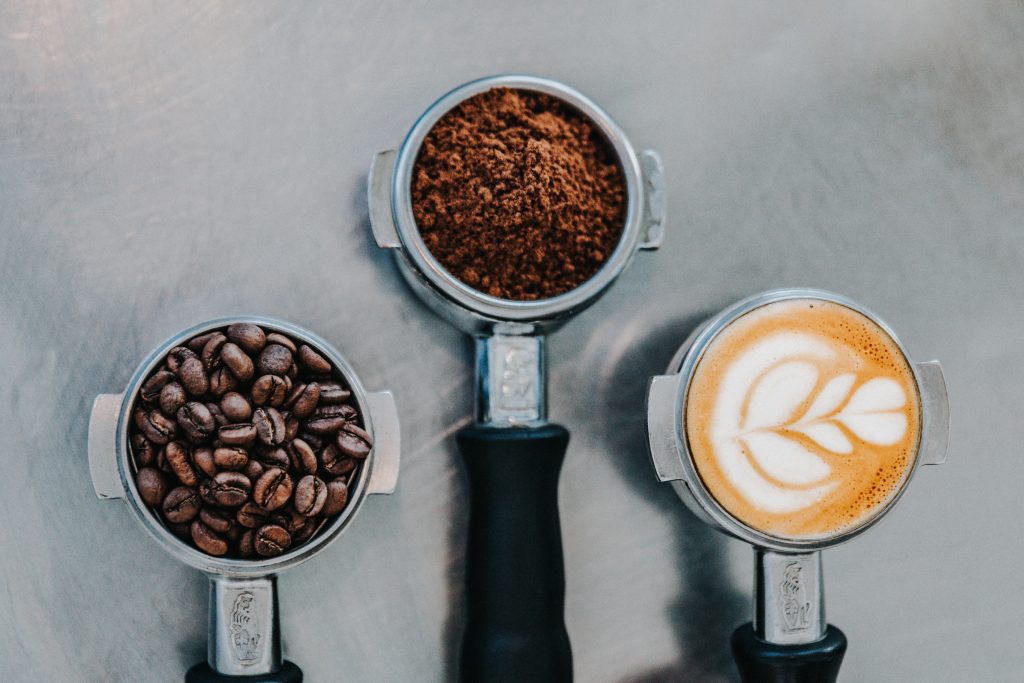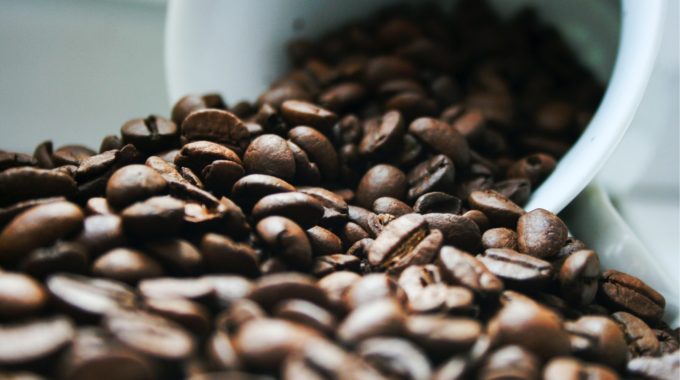COVID-19 hits world coffee consumption
Global coffee demand is expected to drop by one million 60 kilogram bags this year, with consumption impacted by the effects of COVID-19, according to the latest coffee outlook report from agribusiness specialist Rabobank.
Rabobank estimates global coffee demand to decline by 0.8% to 164.1 million 60kg bags in 2020. The report says certain coffee segments remain precarious – in particular out-of-home consumption – with the bank trimming its demand expectations in a number of countries due to the extent of lockdowns and the large increases in unemployment, particularly in countries without unemployment benefits, as a result of the pandemic.

Global coffee production is continuing without disruption, although there may be some delays at farm and port level, the report says. The current harvests are going ahead “more or less normally”, but there remains the risk that the harvest in Brazil – which is the world’s largest coffee producer – is coinciding with projected peak COVID-19 infection rates.
“In Brazil, the great 2020/21 arabica harvest is beginning in virtually all regions,” says Rabobank Agri Commodity Markets Research senior analyst Carlos Mera. “Preparations have been made and, as far as we can tell, there is no labour shortage for the time being, though the peak of the harvest will be in June/July.”
On the price front – assuming no major production disruptions or weakened demand – the report expects dollar commodity prices for coffee to fall in the short term, impacted by the weakness of the currencies in Brazil and Colombia, another significant coffee producer.

Here in Australia, the pressure on global coffee prices may herald good news for cafes and food service outlets trying to get back on their feet after the COVID-19 lockdown, although this won’t necessarily mean cheaper coffees for consumers, according to Rabobank Australia commodity analyst Charles Clack.
“Less out-of-home purchasing has seen downward pressure on a number of soft commodities around the world, which could make the raw ingredient prices for Australia’s cafe and restaurant sector, including coffee and sugar, dip lower,” he says. “This may help these businesses as they come out of COVID-19 lockdown and over the coming year or so.
“That said, this won’t necessarily translate to cheaper prices for the consumer, as there is a lot more that contributes to the cost of the flat white you enjoy from your local cafe than commodity prices, with labour, business overheads and other costs a significant part.”









